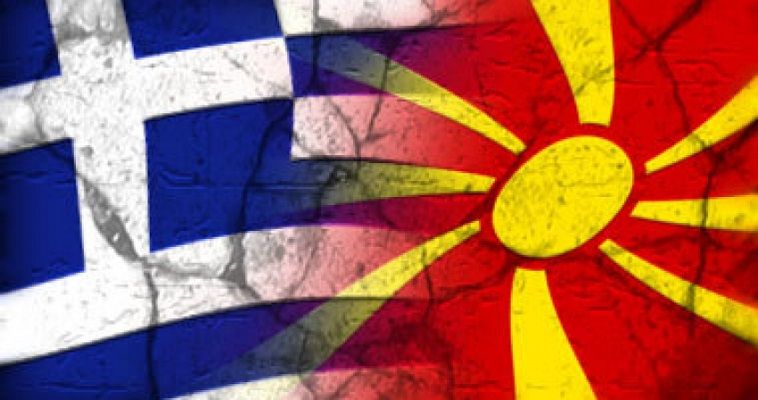Originally posted by Soldier of Macedon
View Post
Looking at this particular government, and the way they went about getting into power, electing the speaker, obtaining a mandate and implementing bilingualism (which from my understanding also should have necessitated a two thirds majority vote), I think the course of how this will play out has already been set
Until we see the actual agreement and what it consists of, we can only speculate how things will pan out, but based on the information thats been floating around, my best hunch on how it Might play out Would be something along the lines of as follows.
The actual agreement does not constitute an actual change of name, but something along the lines of a transitional framework to be implemented which will facilitate a referendum on the agreed proposal, basically something which does not technically or legally require a two thirds majority for Implementation but rather can be approved by a simple majority which Zaev controls. With this, Zaev can use the conditional approval of entry into NATO and EU as his carrot to influence the public in the referendum (which has been reported to be non-binding). If the referendum is successful then Zaev will push for the government to act on the people’s will (reflected in a two thirds majority vote to get the proposal through), which will then officially change the name via the constitution along with all of Greece’s requirements in the hope that once all that is done, Greece will keep its word...
Now in the period leading up to the referendum, Zaev will no doubt be able to draw from a plethora of tools to use in order to influence and obtain a favourable result. Political assistance will be received from international players whose interests align with his, the conditional admission to NATO and EU (with perhaps a sprinkle of some form of Interim privileges that will come with that) will assist his hand with securing public support (in any case, we all know how easily referendums in that place can be manipulated) and he always has the SPO and wire taps to draw on for leverage should his situation become dire and call for it.
The biggest liability at this point in time for him may be Ivanov. I don’t see him as actually being much of a hurdle to overcome, but it may negatively impact on the PR behind the sale of his scheme. Should Ivanov pose an obstacle to him getting the process for a referendum underway, if he is unable to just mitigate his impact as he did when he approved his mandate with the signing of some worthless agreement, we may see Zaev make a push for his removal with the view to elevate Xhaferi to that position until the elections. This is probably the biggest risk he faces at this point, but based on the history of Ivanov’s spineless resolve, I think that situation is likely to be avoided.
Anyway again, just me speculating how things may unfold at this point in time, but as I said, we really don’t know Much until we see what this agreement actually consists of
P.S. oh yeah and it is good to see some more of the forums heavy weights make their long awaited return





Comment